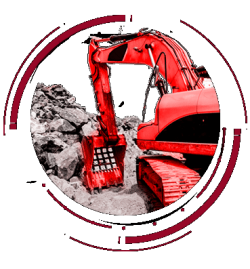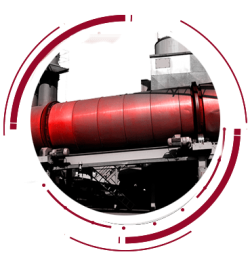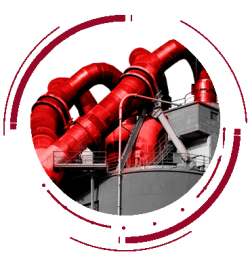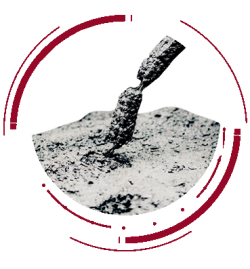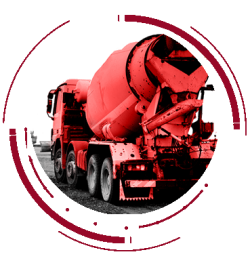CEMENT INDUSTRY
Process monitoring in the cement industry
Stringent environmental requirements and rising manufacturing costs caused by higher energy prices mean the cement industry has been increasingly faced with new challenges in recent years. At the same time, special cements are complementing manufacturers’ traditional portfolio and are opening new application scenarios up for the building material. Internal processes in cement plants therefore have to be made efficient and secure with the future in mind. PIEPER provides individual process monitoring solutions for precisely this purpose and helps you to continue winning over your customers by offering delivery reliability and quality.
A small selection of the advantages that you can enjoy here when you use our industry-compatible, flexible and highly integrative video security solutions for optimum process monitoring in cement plants include: ensuring smooth production processes for the supply of raw materials, avoiding backwater when delivering limestone, or safely and correctly weighing and loading the ballast. We use modern, IP-based cameras that meet the highest data protection and security standards to comply with individual requirements, such as automated reconciliation of delivery notes or automatic truck registration.
SAFETY AND PRECISION IN THE COMBUSTION PROCESS
Cement clinker is burned in many interlinked plants and machines. The slightest interruption or a faulty system can have serious consequences.
PIEPER guarantees quality in the combustion process by planning and installing fireproof and robust HD combustion chamber cameras. Thermal cameras also provide a visual inspection and check the likes of the flame pattern for soot residues. At the same time, they are invaluable for control purposes and maintenance of rotary kilns or clinker coolers. Visual process monitoring of mills and conveyor belts are naturally part and parcel of PIEPER’s portfolio too.
Special, video-based early fire detection systems that can be embedded in existing conventional fire detection systems and that use algorithms to detect smoke at an early stage also ensure safe and zero-compromise cement production.
And it is precisely here that process monitoring in the cement industry is of particular importance. This is because the raw meal is burned under extreme heat at around 1,400 °C to obtain the so-called cement clinker. In order to detect imminent system failures or irregularities at an early stage, special PIEPER with special camera protection housings ensures that visual process control is guaranteed at all times, even in challenging production environments.
In cement production, water-cooled systems including automatic retraction devices monitor both the sintering zone in the rotary kiln - and thus the condition of the clinker as well as the flame formation for optimisation and control of the burners - and, in the subsequent step, the clinker distribution on the cooling grates in the clinker cooler.
But process monitoring from PIEPER goes one step further: by using the robust protective camera housings, visual process monitoring can take place in almost all industrial production environments: No matter whether extreme temperatures, rain, snow, dust, humidity, chemical substances or other adverse environmental influences - with air- or water-cooled protective camera housings as part of a digitally networked complete solution.
Industry 4.0 - with safety into an efficient future
Only the automated connection of all digital and analogue components into a holistic system characterises a modern Industry 4.0 plant. In concrete terms, this means for the cement industry:
The data obtained through process monitoring by means of visual observation via industrial camera housings in the hot rooms, for example sensor readings and furnace temperature, must be directly available in the control system for analysis and control purposes in order to observe the flame development and, if necessary, to be able to regulate it directly from a safe distance. Last but not least, the networked interaction of all components provides operators with significantly increased planning reliability, as the generated data provide meaningful parameters for future maintenance intervals and resource utilisation.


